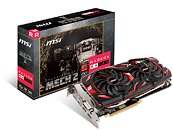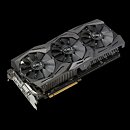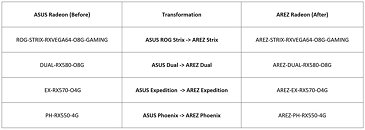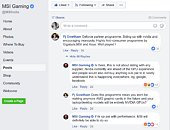
NVIDIA Accused of Acting as "GPU Cartel" and Controlling Supply
World's most important fuel of the AI frenzy, NVIDIA, is facing accusations of acting as a "GPU cartel" and controlling supply in the data center market, according to statements made by executives at rival chipmaker Groq and former AMD executive Scott Herkelman. In an interview with the Wall Street Journal, Groq CEO Jonathan Ross alleged that some of NVIDIA's data center customers are afraid to even meet with rival AI chipmakers out of fear that NVIDIA will retaliate by delaying shipments of already ordered GPUs. This is despite NVIDIA's claims that it is trying to allocate supply fairly during global shortages. "This happens more than you expect, NVIDIA does this with DC customers, OEMs, AIBs, press, and resellers. They learned from GPP to not put it into writing. They just don't ship after a customer has ordered. They are the GPU cartel, and they control all supply," said former Senior Vice President and General Manager at AMD Radeon, Scott Herkelman, in response to the accusations on X/Twitter.













